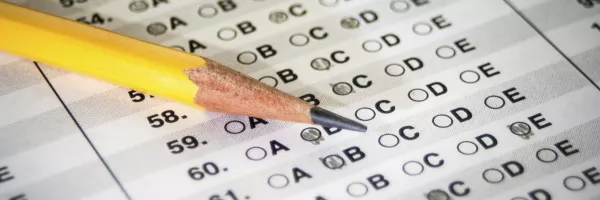
Do You Know What's Involved with Becoming a California Notary?
There are several benefits of earning your notary public certification. Some people become notaries to have an extra income source or get an edge in their careers. Others want to be notaries because they feel good about being able to serve in a public service capacity.
There are some qualifications and requirements needed before someone can become a notary. If you live in California, here’s what’s involved in becoming a California notary public.
Basic Qualifications
You'll need to meet the age and residency qualifications for a California public notary. You need to be at least 18 years old and a California resident.
You must also pass an FBI and DOJ background check. Part of that process includes live scan fingerprinting. Additionally, you must have a clean criminal record. You can’t have any felonies or criminal convictions.
Notary Courses
Although some states don’t insist you complete a course, this is not the case if you live in California. To become a California notary you must complete a course approved by the state secretary. For California, the course is either a 6-hour certification or a 3-hour refresher course. Both types of courses will teach you everything needed to pass your state exam.
If your schedule doesn’t permit you to take a live class, it’s good to know you can take your course online. This is also helpful if you live in a remote area and aren’t able to drive that far to attend an on-location seminar.
Tips for Taking the Notary Exam and What to Expect
Once you’ve completed your notary course, you’ll need to pass the state notary exam. You'll need to schedule your state exam. Here’s what to expect and some tips for taking your test:
- You will need to answer multiple choice questions on your notary exam.
- Carefully read the test instructions. In most cases, the instructions are found on the first page of the test.
- If you get stuck on a hard question, move on. You can always come back to it after you’ve gone through the entire exam.
- Even if you’re unsure of a multiple choice question, answer it, anyway.
Costs Involved
Fees vary. Most often, it’s not that expensive to become a California notary. Yet, there are several fees involved.
- Course training varies from about $50 for online classes to $100 for on-location training. As you can see, one of the best reasons to take the course online is that it’s half the price of the cost of a live seminar.
- The state exam cost is $40.
- You’ll need to pay $20 if you’ve failed to pass a previous exam.
- You'll need a 2” by 2” color passport photo, which costs anywhere from $10 to $15.
- A live fingerprint scan is $80.
- Once you pass the exam, you’ll need to buy your notary supplies. This includes a stamp, journal and fingerprint kit. The total cost can range from $45 to $109.
- Finally, you’ll need to take the Oath of Office, which costs from $20 to $40.
Considerations and Warnings
- Exams are offered at many locations and times throughout the state of California.
- Although checking your work is important, you should also remember to trust your instincts. Usually your first choice is the one that’s right. Too often, students think a question is a trick question, so they erase their original answer. In other words, go with your gut feeling.
- With an online course, you don’t have to do all your studying at once, meaning you can spread it over a period of time. You'll also have 24/7 access to the notary course.